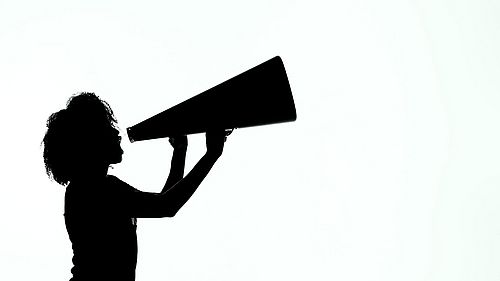News
/ Research
Call for panels, papers and roundtable proposals: "New Theories of Africa: Diversities, Divergencies, Dreams"
International humanities conference 2023, Obafemi Awolowo University (Nigeria) and online, 16-20 July 2023
How has theory advanced critical discourse in Africa? Is a unified theory of Africa possible or desirable? Should the reticence toward theory in African Studies be validated now that the age of theory is receding? These are some of the questions that have prompted and necessitated this conference. Theoretical approaches to understanding Africa have ranged from the holistic to the metonymic, seeking knowledge as a whole or partially and incrementally. Perhaps, the significance of Mudimbe’s The Invention of Africa was identifying precisely how anthropology functioned as the first producer of systematic and totalizing grand récits of Africa. Anticolonial discourses had dispensed critiques of anthropological and ethnological truths by this time. In the decades since its less acclaimed sequel, The Idea of Africa, a long and eminent list of scholars, have attempted to compress and capture Africa as an object of knowledge outside the "idea" constructed by the Western world. In his charge against Conrad, Achebe teased an imperative that aims "[to] suggest from my privileged position in African and Western cultures some advantages the West might derive... to look at Africa [with open minds]." More recently, about a decade into the twenty-first century, Wole Soyinka stated in Of Africa that Africa is a "continent yet waiting to be truly discovered." How could Africa be so familiar but yet unknown? As Christopher Miller posits in Theories of Africans, can we have theories, philosophies, and representations of Africa that do not appreciate or are not entangled by the question of Africa’s opacity, différance, and differences? The relationship between difference and knowledge on the one hand and difference, otherness, and alterity on the other constituted a basis for the dispute between Ken Harrow and Simon Gikandi in the aftermath of Miller’s provocation. This conference attempts to resurrect these debates taking into account the daunting and elusive nature of theorizing Africa. We ask delegates to ponder these challenges from historical, ethical, and futuristic perspectives. What are the current attempts to characterize intellectual trends, name practices, define identities, produce understandings, rediscover genealogies, and enunciate African futures?
Suggested topics include but are not limited to the following:
- The theory question in African studies
- African Gnosis and sacred knowledges
- Divination, Fractals, and the new computer age
- Demographic change, youth population, and the future of Africa
- The resurgence of theories of Decolonization • Conflict and African humanism
- Epidemiology and global narratives of Africa
- Deviant skills, cyber warfare, and criminality
- Africa in the age of disinformation
- African Political economy in the 21st century.
- Impact of the rise of global neo-nationalism and ultranationalism in Africa.
- Englishness, Francophonie, and other specters of colonialism.
- Afrobarometer: the pendulum of democracy vs. autocracy
- The form vs. content, theory vs. practice dichotomy
- New Fusion energy and climate change: the post-fossil fuel ecology and African economies
Scholars and graduate students are invited to submit abstracts for individual paper presentations, panels or round tables. Panels and roundtables are to accommodate a maximum of four participants and those proposing them are to make proposals after constituting them. Panel and round table abstracts are not to exceed 350 words, while individual paper abstracts are not to exceed 250 words. Send all proposals to: artsconference@oauife.edu.ng by May 13, 2023. The covering letter should state the institutional affiliation and contact email of the scholar making the proposal.
Submission deadline: 13 May 2023

